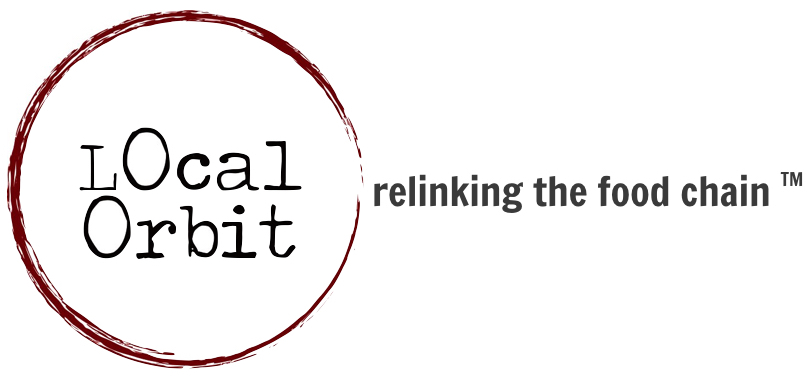Business Model Generation & Budgeting
Pack food for wholesale customers
There are many packaging considerations when selling to wholesale customers. Good packaging can prolong the life and high quality of perishable product. Packaging needs and unit sizes also often depend on the end user, though it’s important to note the importance of putting expiration dates on products like eggs and dairy, even if they are bound for non-retail customers. The following sections go into greater detail.
Maximize quality through the supply chain
Observe and analyze how produce and its packaging fare as the produce is handled from the field to on-farm storage to the truck to your facility to the customer. There are potentially a lot of steps and climate zones to navigate and control so that produce looks great when it reaches the customer.
For example, packing hot greens in a plastic bag without holes may lead to condensation on the inside of the plastic bag in a cooler, which will obscure the greens and may it difficult for them to be attractive (or even visible) on a grocery store shelf or to a chef who inspects the item.
If you are storing product, show producers how their products are being stored in your facility and transported to customers so they can better plan the packaging. Producers might also recommend a different temperature or moisture zone. If you have concerns about the quality of the produce when it arrives from the farm, you should also check in with farmers about the timeline and cooling conditions for that produce after it is harvested.
Expiration dates
Expiration dates need to be on products that will eventually be sold at retail markets, such as eggs, dairy and cider. Grocery stores will require the expiration date because their customers won’t buy certain items without the information.
Growers can research what the appropriate expiration dates are for their products, often with assistance from their state’s Cooperative Extension or Food Product Development Centers. Sometimes expiration dates are very straightforward but other times they are determined by the level of processing or by testing the product.
While expiration dates are not required on many wholesale bulk items, it is worthwhile to provide the information to satisfy the expectations of food service customers. Many kitchens use expiration dates to help manage a group of workers who all handle the food. For example, having the expiration date on cheese allows a worker to know which container to open first.
Read more to think through the timing of when customers use the products they buy.
Unit sizes
Unit sizes for fruits, vegetables, eggs and dairy are standardized in the wholesale food business. Your farmers may or may not be aware of these sizes depending on their prior experience selling wholesale. Moreover, depending on your customers, it may not matter if producers sell in non-standard units. For example, some chefs may not need a full bushel case and may prefer to buy by the pound.
Here are some resources on standardized units:
- FarmsReach’s Produce Pack Guide
- PennState Extension’s Produce Packing Guidelines
- North Carolina State University’s Packaging Requirements for Fresh Fruits and Vegetables
